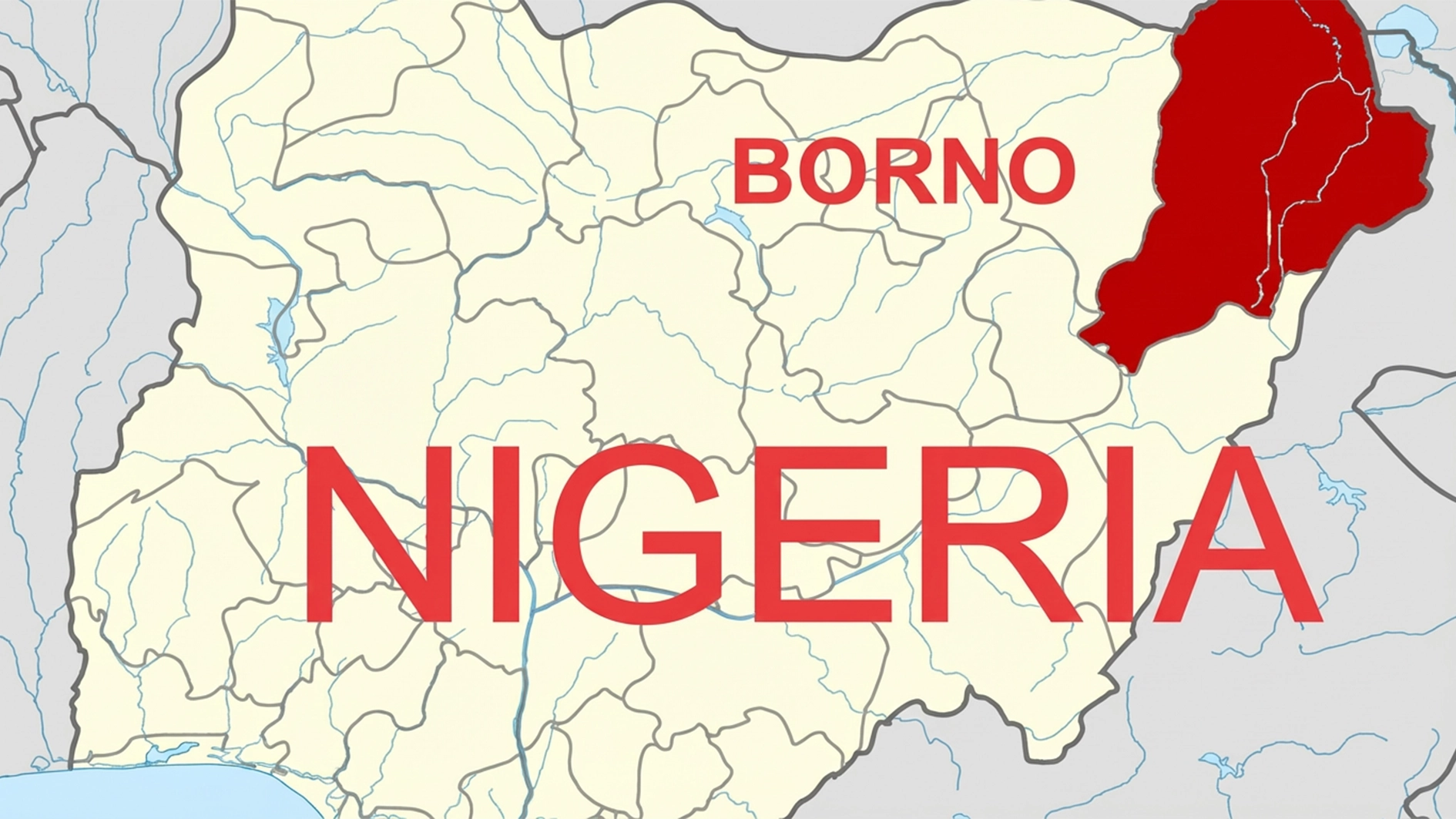• SPPG alumnus advocates tax reforms
Nigeria loses about $18 billion yearly to profit shifting, aggressive tax avoidance, and other sharp practices by some multinational corporations transacting in the country.
This was disclosed by the Minister of State for Finance, Dr Doris Uzoka-Anite, in Abuja yesterday at a national conference on Illicit Financial Flows. She described illicit financial flows as a hydra-headed monster that must be eradicated, adding that the practice encompasses terrorism financing and corporate tax evasions.
The minister said the Federal Government was focusing on conversations around tax avoidance and tax evasion.
“It is estimated that Nigeria loses about $18 billion annually due to profit-shifting and aggressive tax avoidance practices, especially by some multinational corporations transacting in Nigeria. Huge sums of money are transferred out of this country, and this robs the country of resources that could be used to finance much-needed public services,” she added.
According to Uzoka-Anite, under President Bola Tinubu, Nigeria is undergoing strategic fiscal reforms aimed at building a resilient, self-reliant economy, driven by revenue and not by debt or by grant.
She observed that for decades, Nigeria had relied heavily on oil revenue, and this had been volatile and unsustainable, hence the reforms, which recognised the urgent need to diversify the revenue base, shifting focus from oil to non-oil sources, particularly tax revenue.
In his remarks, the Executive Chairman of Federal Inland Revenue Service (FIRS), Zacch Adedeji, said the scale of illicit flows, especially through aggressive tax avoidance by multinationals, exploiting global arrangements, continued to threaten Nigeria’s fiscal stability. He said FIRS was simplifying its system by championing voluntary compliance by promoting taxpayer education and a simplified system.
MEANWHILE, an alumnus of School of Politics, Policy and Governance (SPPG), Abuja, Dr Samson Abanni, has said the recent signing of Nigeria’s sweeping tax bills may prove as consequential as a general election.
According to him, beneath the promise of simplification and efficiency lies a quiet but profound shift in fiscal power among the Federal Government, states, and long-standing revenue agencies.
He said the private sector saw it, rightly, as a heart surgery on a nation, saying: “But the political block state governments missed their moment to shape the debate over resource control, since it did not bear the brashness of politics, it flew under their radar until it was too late.” He made this known during an interview with The Guardian, adding that they underestimated how deeply it would reshape their fiscal autonomy.
He said this was not a covert operation, far from it; in policymaking, loud controversies is often used to distract from consequential reforms that pass quietly. “The committee’s promise to merge over 200 fragmented taxes into 10 was a clear signal of ambition. The private sector, long burdened by multiple and overlapping levies, welcomed the promise of clarity’.
The expert explained that at the core of these reforms is the Nigeria Revenue Service (NRS), which consolidates the powers of the Federal Inland Revenue Service (FIRS) and centralizes federal tax collection under a single administrative umbrella.
States still retain revenue-collection powers, but the scope has narrowed. The law states, that their powers are now. “Restricted to individual-resident taxes, stamp duties on natural persons, and certain incentives.”
He noted that procedures of the tax reform such as registration, filing, audits, and enforcement are now uniform nationwide, while the Nigeria Revenue Service (NRS), administers a single Taxpayer Identification Number system, reducing states’ operational discretion. Changes to rates require consultation with the Joint Revenue Board, chaired by the NRS, and disputes are resolved in federal fora rather than state courts.
Abanni said these are not inherently negative changes. Uniformity can strengthen compliance, and centralised systems can reduce inefficiencies that burden businesses and taxpayers alike. But it is important to see that with administrative harmonisation comes a realignment of control. Ths behemoth called the NRS would become the new clearing house for political promissory notes.
He said if state governments have seen their discretion reduced, agencies have experienced an even clearer shift. “NRS 2nd Schedule extends the Service’s mandate to laws imposing collection of taxes, fees and levies collected by other Government entities including signature bonus, pipeline fees, penalty for gas flared, depot levies and licenses.”
He explained that agencies such as the Nigerian Upstream Petroleum Regulatory Commission (NUPRC), Nigerian Maritime Administration and Safety Agency (NIMASA), and Tertiary Education Trust Fund (TETFund) will continue their technical oversight but now rely on the NRS for collection.
He said Ministries, Departments, and Agencies (MDAs) no longer sit on collected taxes, as the NRS now has the authority to deduct at source via the Treasury Single Account.
He stressed that this leaves these agencies with just enough powers to mark tallies and write tickets. While they may still issue fines and penalties, they must now depend on the NRS to collect and account for them. Their bite is dulled where it no longer controls the financial flow of enforcement. “When one man issues punishment and have to depend on another to effect it, it is clear who owns power”.
He said once key players of the chess of federal power, these agencies now find their range of movement curtailed no longer autonomous queens, but tightly guided pieces in a centrally orchestrated game. And where did the rest of the power go to; to the man the king seeks to honour the NRS.
He stated according to the chairman of the presidential committee, the reforms are presented as a win for the poor, for businesses, and for states. By addressing Nigeria’s estimated 70 per cent tax gap and reducing harassment by multiple agencies, the system promises more stable revenues and a healthier business climate. “This may well be true but clarity about the trade offs is essential.
He said the reforms left intact states’ revenue rights, intact but removed their heart. For a state to change its rates, it must now consult the Joint Revenue Board (JRB), chaired by the NRS, while tax complaints against a state are no longer adjudicated within the state but before federally appointed Tax Ombudsman.
He noted that agencies remain regulators but without the political leverage that revenue collection once provided.
“It is not a coup in the sense of subversion, but it is a quiet, legal reordering of how power flows through the fiscal system. The channels through which money flows in a nation are the channels through which power flows and those channels have now been rerouted”.
“For those who watch the relationship between politics and economics in Nigeria, these reforms represent a moment of significant power shift: profound, massive yet imperceptible”.






